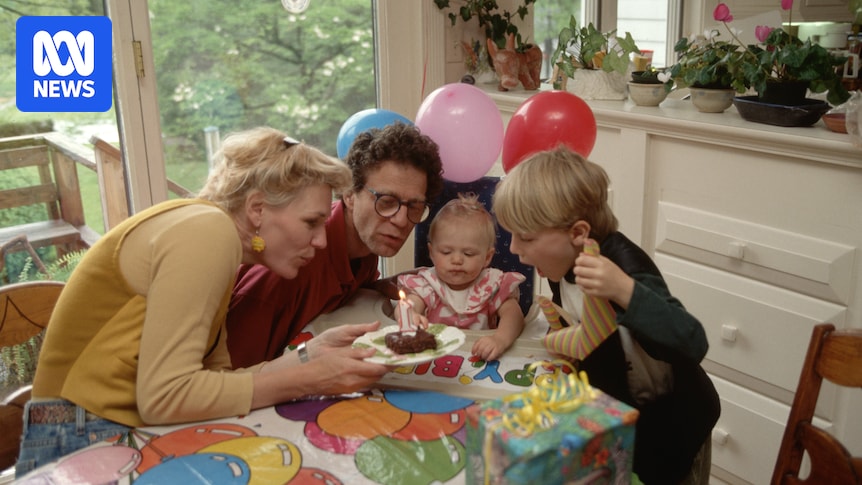
Stephania Brunetti vividly recalls the day her younger sister was born, a memory as fresh as if it happened yesterday. “I was at my aunty’s house, and she had answered the phone that was on the wall,” says the 45-year-old from Melbourne. “She was so excited. She kept screaming out, ‘It’s a girl! It’s a girl!’ I was two.” Such memories often linger in our minds, shaping who we are.
From fleeting childhood fragments to vivid recollections, these emotionally charged memories are often referred to as “core memories.” This concept gained popularity with Pixar’s 2015 film Inside Out, where the main character’s personality is shaped by meaningful core memories. But are these types of memories genuine? Why do we remember some things and not others? And can parents intentionally create core memories for their children?
The Science of Memory Creation
Maria Kangas, head of the school of psychological sciences at Macquarie University, offers insights into memory creation. According to Professor Kangas, while parents strive to create happy memories for their children, they cannot “engineer” another person’s memories. “We shape and influence each other’s memories by shared experiences and how we remember and discuss these shared experiences,” she explains.
“Emotions are subjective — one person’s sense of happy memories may not necessarily equate to another family member’s recollection of that experience being ‘happy’.”
Macey Barton from Melbourne is an example of a parent actively trying to create joyful memories for her children. “We dance around the kitchen, we put music on — all the things I remember my mum doing with me when I was younger to make sure we had a really happy home,” she shares.
Understanding Memory: A Psychological Perspective
According to Professor Kangas, memories help people “acquire, learn, retain and recall information” that ranges from the generic to the very specific. They influence our beliefs about ourselves, others, and the world around us, as well as our behavior and the decisions we make. “Our personal, autobiographical memories form part of our sense of self and identity,” she notes.
Celia Harris, a senior research fellow in cognitive neuroscience at Macquarie University, adds that toddlers can remember events from recent days. However, adults experience “infantile amnesia,” where memories from before age four are scarce. This is because a sense of self has not yet fully developed by that age.
“A lot of what you experience [by the age of four] is not very well integrated — it’s a bit fragmented,” says Dr. Harris. “Whereas things that you experience once you’re older … once you can tell stories to other people and recount them using language, those things get rehearsed and reinforced.”
The Reality of Core Memories
The idea of a “core memory” is not scientifically grounded, says Dr. Harris, but it captures the essence of how significant memories are often tied to intense emotional experiences. These memories are crucial for identity, problem-solving, and planning, and for relating to others.
“Having these autobiographical memories … helps us make meaning of the world. It helps us understand our place, to plan our behavior, connect with other people and to understand who other people are and how we relate to them,” Dr. Harris explains.
Memories, both positive and negative, are directly linked to our well-being. Negative memories can become problematic when people avoid thinking about them, potentially leading to anxiety, stress, and trauma-related disorders like PTSD. Revisiting these memories in psychotherapy can lead to personal growth and healing.
The Mystery of Memory Retention
Why do some memories stick while others fade? Dr. Harris explains that our memory is a network of associations. “Every time we experience a new event, what we’re doing is connecting it with all the other things we’ve already experienced,” she says.
For Stefania, many childhood memories revolve around family holidays and food. “Being Italian, food is so important, and I find that we do a lot of things that create memories around food,” she says. “I hope that they then become their memories. We all literally live in the kitchen all the time, so if they don’t remember that, I’d be worried!”
“Some of it is a bit mysterious,” admits Dr. Harris, acknowledging that scientists cannot fully explain why certain random childhood events are remembered while others are not.
As research continues, the intricate workings of memory remain a fascinating field, offering insights into how we understand ourselves and our place in the world. Whether scientifically defined or not, the memories we hold dear contribute significantly to our identities and our emotional well-being.





